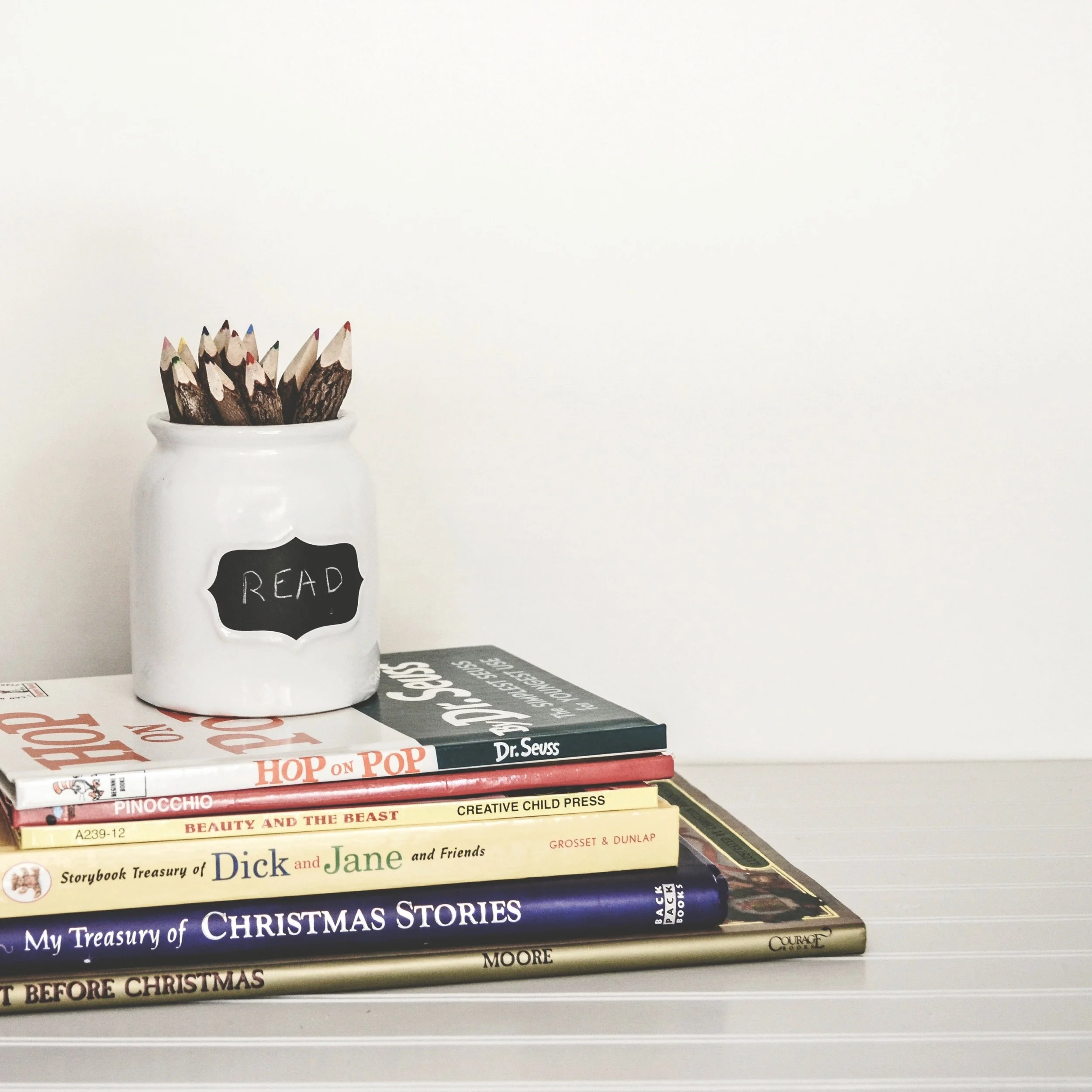Dust and Ashes
This is the day we freely say we are scorched. This is the hour we are marked by what has made it through the burning. This is the moment we ask for the blessing that lives within the ancient ashes, that makes its home inside the soil of this sacred earth… So let us be marked not for sorrow. And let us be marked not for shame. Let us be marked for claiming what God can do within the dust, within the dirt.
- “Blessing the Dust: A Blessing for Ash Wednesday,” Jan Richardson
Update: last week, my liver enzymes were found to be elevated to a more acceptable degree, and I received my third dose of chemotherapy. I don’t know if I’ll ever get used to something which arrives in a bright yellow bag labeled “HAZARDOUS DRUG” and which requires full-body protective gear to handle being summarily hooked up to my chest and pumped straight to my heart. I always feel the whole thing should be some kind of bad dream I wake up from, some lurid chapter from Back Before We Had Better Treatments For Cancer, except, of course, it’s not.
This is around the time when I would have lost my hair, if my chemotherapy weren’t targeted. I read a line from a cancer memoir once—“any day with hair is a good hair day”—that I now think of every morning when I look in the mirror. Still, each round brings fresh symptoms: last night I discovered that my legs were covered with bright red freckles, as if someone had drawn on them with a microscopic magic marker. It looked like something I should be able to clean off but couldn’t. I stared in mild fascination and horror until I recalled from medical school that these were petechiae, a non-blanching pinpoint macular rash caused by extravasation of red blood cells (always memorized in contrast with another macular rash called purpura, which I find a really fun word to say). The chemotherapy had either tanked my platelets or stressed my liver enough that my body, unable to clot normally, was weeping red blood cells onto its surface.
Harder to see but just as real is the way each infusion distorts my sense of reality. Not obviously, not in the way of an anesthetic, but with a subtlety that is far more sinister. I feel like I’m looking through a warped piece of glass: everything remains recognizable, yet bent just a bit the wrong way. Just a bit more frustrating, more exhausting, more pointless, more sure to fail or come out badly. Everything seems worse. Is this the drug messing with my mind? Or just the wrongness of how my body feels, inexorably dragging my feelings down with it?
Either way, I’m realizing that there exists in this invisible realm a struggle just as real as the physical one. In the final Hunger Games movie, there is a moment in the dark when Peeta admits he can’t tell what is real from what is made up, and his friends reply, “Then ask.” I am like that now, gathering anything I trust about me—sunlight, Scripture, people—and asking, is this real? I feel sunk in a foggy mire of fatigue and gloom. My life feels like a royal waste of time. Real or not real? This too shall pass; none of it is a waste. Real or not real? I can’t tell them apart anymore.
Yesterday, our youngest made paper mâché with a friend. They sat at the kitchen table, tearing paper into strips, rip, rip, rip. The strips were baptized in a concoction of flour and water, then draped across a balloon to create a representation of a moon of Saturn for a school project. There was much giggling and goop and general delight in the mess, but I thought about the flour and paper, plants pulverized to pulp and dust, ground down to nothing, like Lenten ash. This is the day we freely say we are scorched. This is the hour we are marked by what has made it through the burning. The poison and pain speak true, for sure. Our bodies are bent towards death, dust to dust. But as the laughter and flour floated up in the air, I thought too about the promised end of the Lenten season, which is not death at all but life, pain not invalidated but transformed into a joy made all the greater for what came before. Pain and promise, both real. Sitting there in my freckled, weeping body, that seemed as implausible a mystery as the idea that this goopy mess in our kitchen could represent some celestial body, but no matter. The girls are delighted, the balloon remade, and they are moving on to the next thing, as if all my questions have been answered.






